NaturArchy: Towards a Natural Contract
We dominate and appropriate [nature]... Our fundamental relationship with objects comes down to war and property.
Michel Serres, 1995, The Natural Contract
Trees, forests, rivers, mountains, seas, stardust, DNA — imagine the environment not as the backdrop of our activities, imagine objects of nature not as items to be appropriated or exploited, but as subjects with intrinsic value and full juridical rights. Cancel the tired subject-object dichotomy between person and environment, the obsolete opposition nature and culture that does not hold in view of modern scientific discoveries; do away with conditions of mastery, appropriation, and submission; reimagine human concerns as unreservedly dependent on the natural world, integrated within nature. Only such a shift in our conceptualisation of nature can change our deep relation to the matter, species, ecosystems around us. A real Green Deal requires a systemic change of ground.
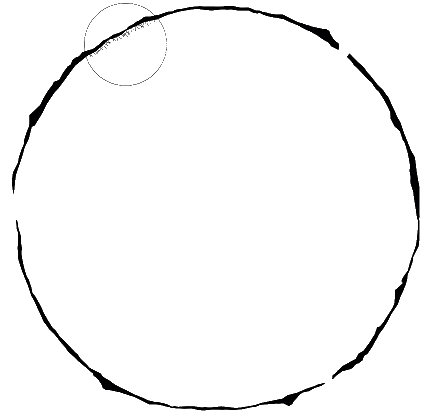
Pushing beyond Rousseau’s social contract, "NaturArchy: towards a Natural Contract", calls for a more inclusive and equitable contract with our environment. Establishing a different relation with nature is a prime condition to acquire the necessary attitudes and skills to combat global warming. To limit our tremendous environmental impact. To free nature from the onslaught of human development – do we need to rearticulate her immanent sovereignty and decolonise her into sustainability again?
Simply ensure legally enforceable rights to natural entities: and suddenly any decision as to what is the right or wrong action concerning the environment no longer hinges on human concerns. Trees, planets, clouds and roots: we want to explore how the material world matters, develop ways to understand the languages of nature and their legitimacy. Moulds, yeasts, grains, herbs: we also want to deepen our collective awareness on the tremendous legacy of humans in their intercourse with nature.
NaturArchy aims to explore – through artistic, scientific and legal expressions – how providing Nature and its phenomena with a contract that integrates her totally into our society can redefine our anthropocentric relationship with Nature. Intersecting science and law, reason and style, art and judgment, policy and imagination, NaturArchy wants to re-imagine the western relation of human and non-human, in an attempt to ensure juridical persona to Nature’s many wonders, be they stardust or DNA.

Topics
Core topics we will explore through the narrative of NaturArchy.
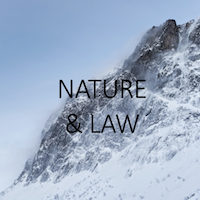
|
Nature & Law:Rights of Nature | Ecocide | Environmental Rights | Global Environmental Justice | Decolonising Nature |
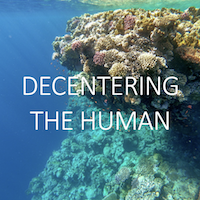
|
Human & Non-Human Agency:Voices of Nature | Codes & Languages | Biodiversity | sixth extinction | One Health, Planetary Health | Identity Meaning & Values | Deep Ecology |
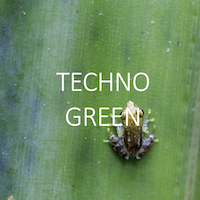
|
Techno Green:Green technologies | Green Infrastructure | Bio-based materials | Nature-based Solutions |
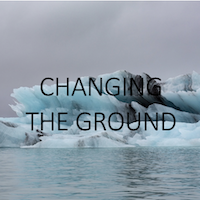
|
Indigenous Knowledge and Decolonisation:Ancestral & New Knowledges | Intangible Heritage | Climate Heritage | Human Rights | Performativity and Ontologies |
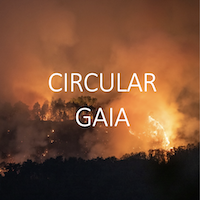
|
Circular Gaia:Natural Resources | De-Growth | Post-Growth | Sustainable Agriculture | One Health | Rights to a Healthy Environment |
Timeline
Follow the timeline of Resonances IV.
Why NaturArchy?
NaturArchy actually is at the core of what society and culture, specifically here in Europe, Western society, needs to work on right now. We've been talking about global challenges, climate change, how to rethink actions, how to rethink how consumers should behave or what industry should do. But I think at the core it's really about how we relate to the environment, how to relate to the non-human and those who can't speak for themselves, but also other cultures, and other value systems. And I think NaturArchy encompasses this. And it's embedded in policy making and law, which I also think is central.

Claudia Schnugg | Curator for NaturArchy
What I was mostly interested in, it was that first it was focused on nature and not climate change. I think that allows you to have a much more holistic approach to the sort of change that is needed.
And I was also very interested by the central proposal about what I would call this Copernican revolution, about decentring the human versus the non-human, as the anthropocentric nature of our society seems to me to be a huge hurdle, and that's why I was particularly excited to be joining NaturArchy.

Celine Charveriat | Activist working on NaturArchy & Lament
While I was working in Latin America and Argentina, I had the privilege to work with and also meet indigenous people who have a completely different worldview. For example, I would say in the West we have this idea that land can be appropriated, there are property rights over land. And to many indigenous people, they don't really grasp how land can belong to us. When we die, we are buried in the land, so actually we belong to the land.
And this changing perspective, I think, is also what NaturArchy is actually trying to bring in: it actually is nature that rules us. And this inversion of perspective, I think, is essential in order to face global environmental challenges from climate change, biodiversity loss and more.
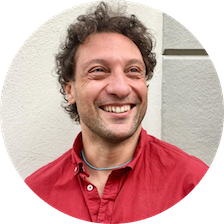
Graziano Ceddia | Researcher for The Entanglement of Desert Water
Responses to the Curatorial Statement
Check out these spin-off artistic projects developed in response to and in dialogue with the curatorial concept on NaturArchy.
